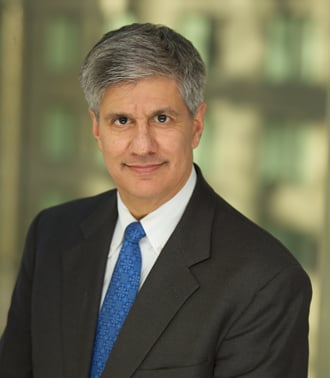But What? DOJ Ties Itself Into Knots To Avoid But-for Causation in FCA/AKS Cases
As we continue to monitor the issue of the causation standard between kickbacks and purportedly false claims (you can find our prior coverage here, here, and here), we came across a Department of Justice (DOJ) Statement of Interest in a District of Minnesota False Claims Act (FCA) case alleging false claims based on kickbacks, United States ex rel. Louderback v. Sunovion Pharma. Inc., Case No. 0:17-cv-01719-ECT-LIB (D. Minn.). The Louderback case is pending within the Eighth Circuit and consequently is subject to the Eighth Circuit decision in United States ex rel. Cairns v. D.S. Med. LLC, 42 F.4th 828 (8th Cir. 2022), requiring “but-for” causation in FCA/AKS cases — that is, that an FCA plaintiff must “prove that a defendant would not have included particular ‘items and services’ [in a claim] but for the illegal kickbacks.” The Cairns “but-for” causation ruling was based on the court’s understanding of ordinary meaning of the term “resulting from” as used in the 2010 amendment to the AKS that a claim is false or fraudulent under the FCA if it “result[ed] from” a violation of the AKS.
DOJ did not intervene in Louderback. But defendants moved to dismiss relator’s complaint raising the absence of the necessary causal link between the alleged kickbacks and claims under the Eighth Circuit’s “but-for” standard. The DOJ’s Statement of Interest is somewhat remarkable in arguing that “but-for” causation does not apply because it does not necessarily have to rely on the 2010 amendment to argue that a claim tied to a kickback is false or fraudulent. Rather, DOJ argues that, because the government pays only for “conflict-free medical care that is provided in the best interest of the patient and that is not potentially affected by financial considerations,” it can assert falsity for any claim “tainted” by a kickback. DOJ also notes that a “claim for medical care corrupted by an AKS violation is false because compliance with the AKS is a threshold and fundamental condition of payment by the government.”
DOJ obviously has great trepidation about meeting a but-for causation standard in a kickback case. But its arguments in this Statement of Interest amount to a total end-run around that requirement. While still acknowledging that the claim must have a “taint” from, or “be corrupted” by, a kickback, DOJ seeks to completely avoid the law on causation — a directive from Congress that claims must “result from” kickbacks to be false, and binding precedent from the Eighth Circuit that “resulting from” means “but-for” causation and not any lesser standard. We will continue to monitor the Louderback and other cases on this important issue.
© Arnold & Porter Kaye Scholer LLP 2023 All Rights Reserved. This blog post is intended to be a general summary of the law and does not constitute legal advice. You should consult with counsel to determine applicable legal requirements in a specific fact situation.

